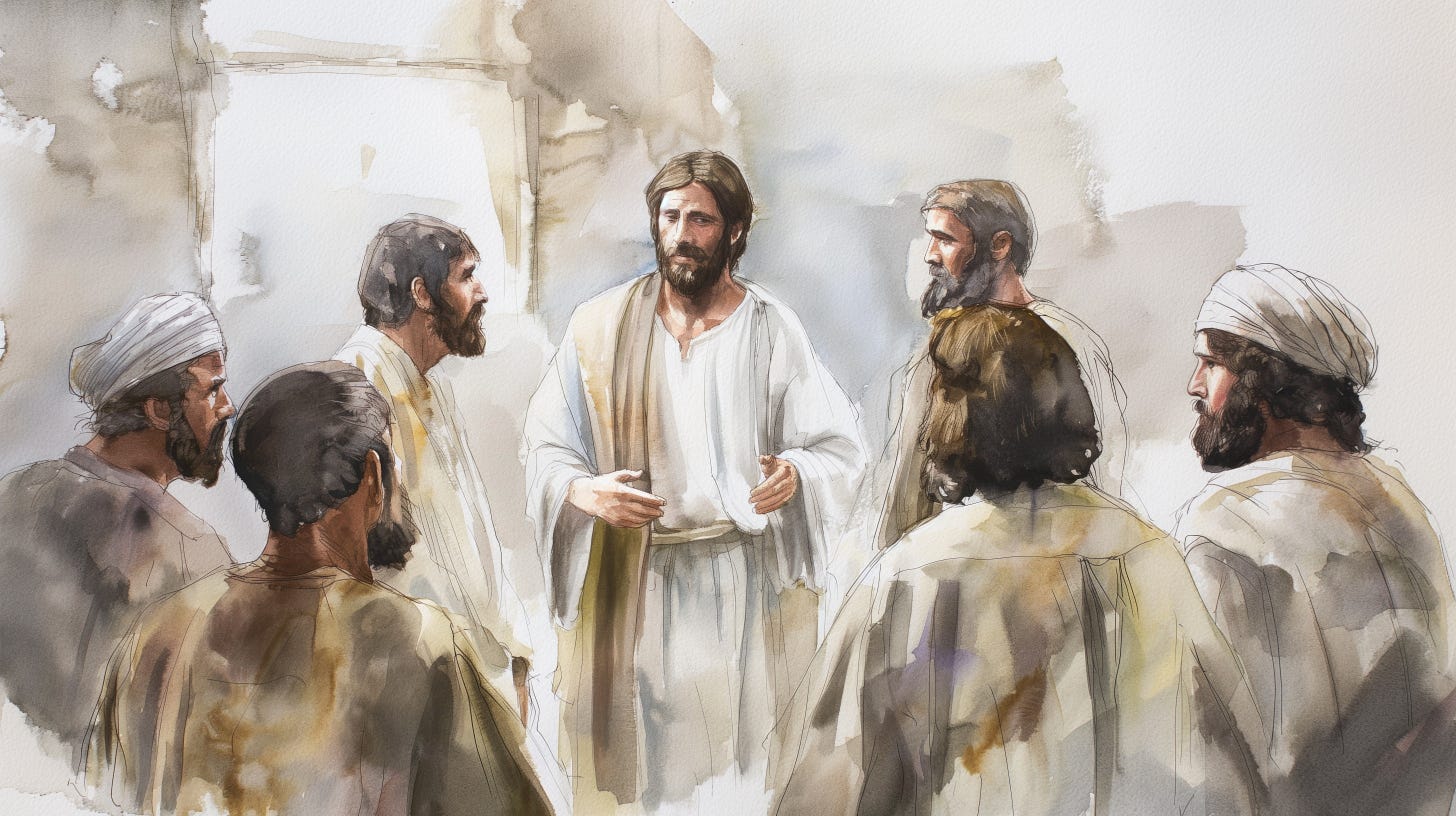Life in the family of God isn’t always smooth. Brothers and sisters sometimes clash. Personalities rub, opinions differ, and traditions collide. But Scripture calls us to a higher way: “I urge you to walk worthy of the calling you have received, with all humility and gentleness, with patience, bearing with one another in love, making every effort to keep the unity of the Spirit through the bond of peace” (Ephesians 4:1-3).
Paul’s words are practical. Unity doesn’t happen by accident. It requires humility, the ability to put others ahead of oneself. It takes gentleness, strength under control. It needs patience, refusing to give up on people who are still growing. And it demands love, the choice to stay committed even when it would be easier to walk away.
Colossians says the same: “Therefore, as God’s chosen ones, holy and dearly loved, put on compassion, kindness, humility, gentleness, and patience, bearing with one another and forgiving one another if anyone has a grievance against another. Just as the Lord has forgiven you, so you are also to forgive. Above all, put on love, which is the perfect bond of unity” (Colossians 3:12-14). Love is what holds the family together when everything else threatens to pull us apart.
The Danger of Drawing Our Own Lines
But there’s another challenge. Sometimes we draw lines of fellowship that God Himself has not drawn. John once tried to stop a man who was casting out demons in Jesus’ name because “he was not one of us” (Luke 9:49). Jesus rebuked him: “Don’t stop him, because whoever is not against you is for you” (v. 50). John had drawn the circle of fellowship too small, and Jesus widened it.
Too often, fellowship gets measured by our own party, preferences, or traditions. When that happens, the circle will always be too small. Many of the divisions within the churches of Christ have come from drawing lines God never drew. Through the years, brethren have split over questions of how the church carries out its work and what practices it may or may not support. These matters have value, but they should never overshadow the fellowship God established at the cross. Fellowship rests at the cross, not on cups, classes, or various preferences. God has already drawn the line, and His circle is far wider than ours. It includes all who, through faith, repentance, and baptism, have received the gift of grace made possible by the sacrifice of His Son.
We see this in Acts 10 when Peter received his vision: “What God has made clean, do not call common” (v. 15). Peter finally confessed, “Now I truly understand that God doesn’t show favoritism, but in every nation the person who fears him and does what is right is acceptable to him” (vv. 34–35). Later, at the Jerusalem Council, Peter reminded the church that God had given the Holy Spirit to the Gentiles just as to the Jews: “He made no distinction between us and them, cleansing their hearts by faith” (Acts 15:9).
When we try to redraw God’s line of fellowship around our own traditions or opinions, we fracture the body. Romans 14 speaks directly to this: “One person believes he may eat anything, while one who is weak eats only vegetables. One who eats must not look down on one who does not eat, and one who does not eat must not judge one who does, because God has accepted him” (vv. 2–3). If God has accepted them, who are we to reject them?
Bearing With Each Other Today
Bearing with one another means more than putting up with each other. It means actively choosing unity over division, forgiveness over resentment, and God’s standard over our own.
When disagreements arise, ask: Has God spoken clearly on this? Or am I drawing lines where He has not?
When someone stumbles, restore them gently (Galatians 6:1). We don’t discard family — we help them up.
When opinions differ, refuse to despise or judge (Romans 14:3). Instead, welcome one another as Christ welcomed us (Romans 15:7).
When hurt lingers, remember Christ’s forgiveness. We forgive because He forgave us first (Colossians 3:13).
So, who is my brother? Not the one who agrees with me on every issue, but the one whom God has accepted through Christ. If God has welcomed them, so must I.
Bearing with one another is not optional … it’s the family resemblance of those who belong to the Father.




